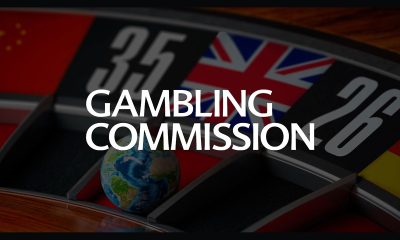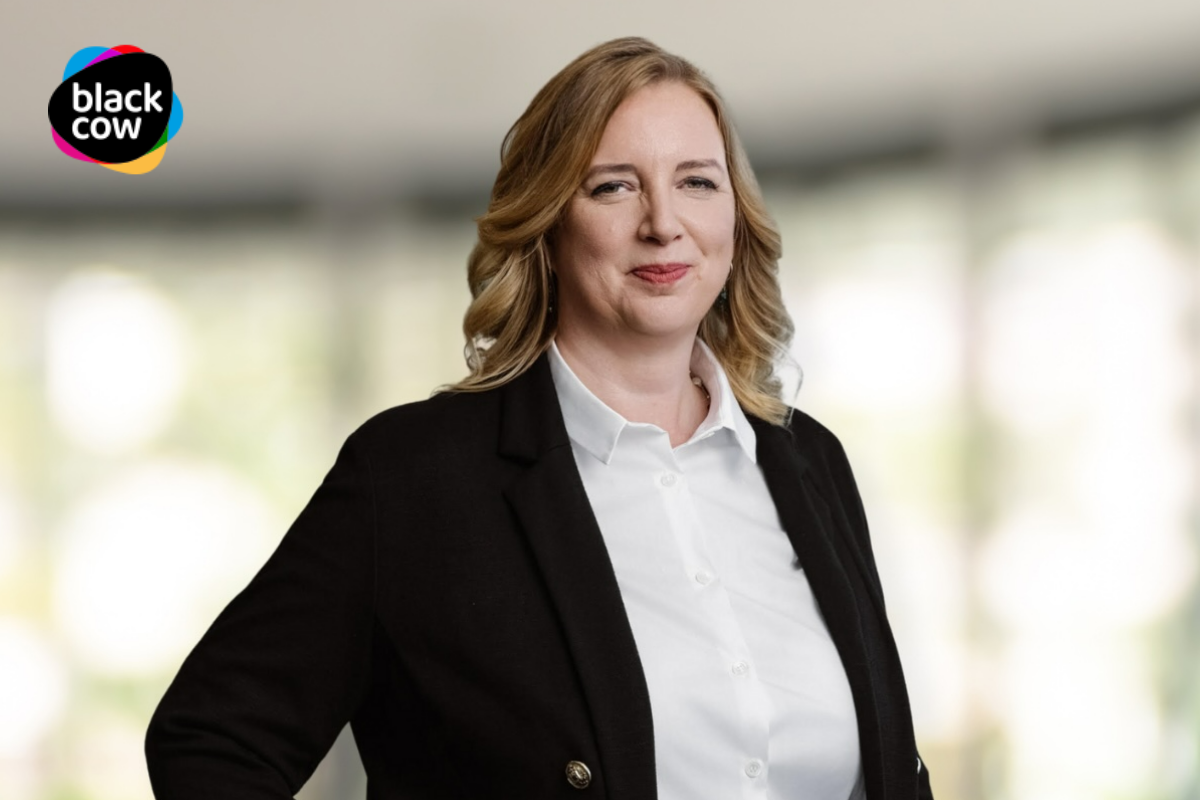Compliance Updates
Comments on the Gambling Commission from Lord David Lipsey
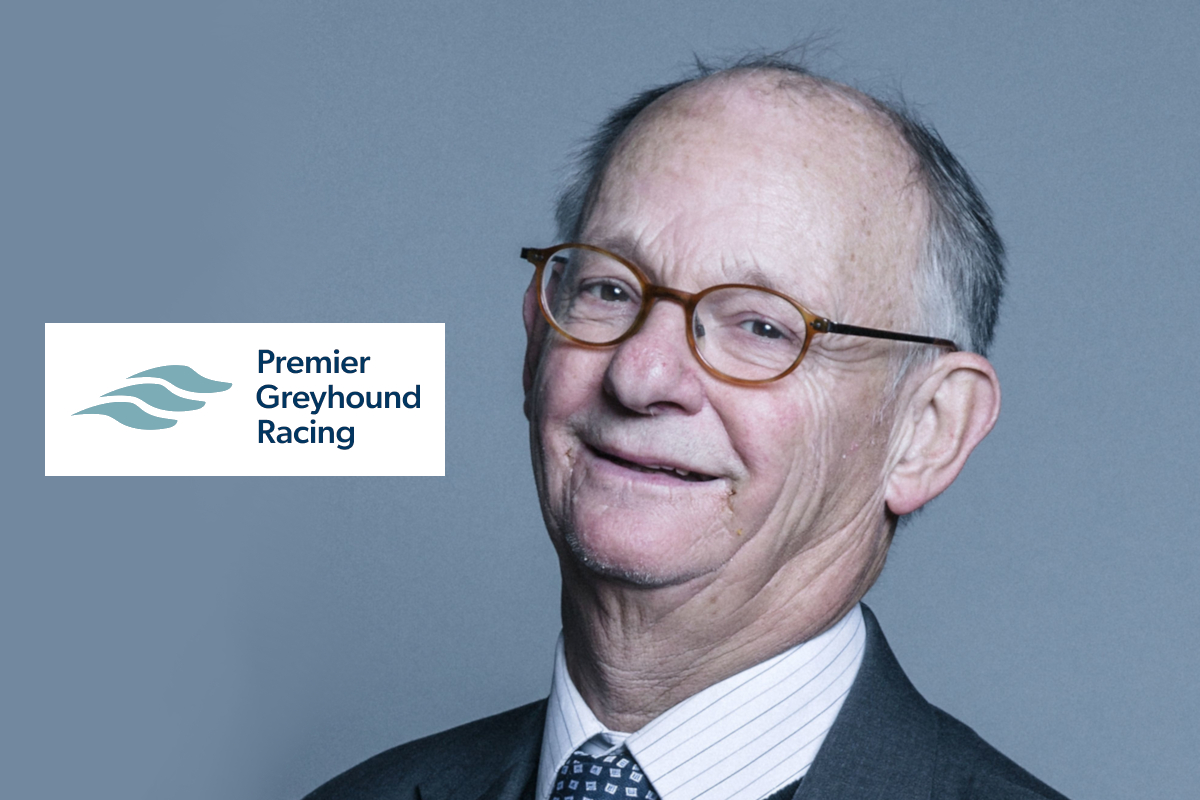
Gambling Commission Consultation
Memorandum from Lord David Lipsey (pictured), Chair for Premier Greyhound Racing
“Much public criticism has been levied at the Gambling Commission’s proposals on affordability; including by me. However, most of this concentrates on the possible effects of the proposals on horse racing.
“Practically nothing has been said about the corresponding effects on greyhound racing. Greyhound racing remains Britain’s fifth largest spectator sport, so this is a strange omission.
“By way of background, greyhound racing gets helpful support from a levy on bookmakers. This levy, unlike the horseracing levy, is voluntary. However, all but a few minnows amongst bookmaking pay it. It is collected by a body called the British Greyhound Racing Fund (BGRF), chaired by Joe Scanlon, an experienced bookmaker. Its board comprises a mix of bookmakers and representatives of the sport. They, in turn, allocate the funds they collect as they see fit to greyhound racing.
“The BGRF is focussed on something of great importance: the welfare of racing and retired greyhounds.
“It is channelled through the sport’s national governing body, the Greyhound Board of Great Britain (GBGB). The GBGB has welfare as its predominant objective. Its document, A Good Life for Every Greyhound is the sport’s guiding light on welfare. Welfare used to be a much lower priority for the BGRF. Much of its money went, for example, on equipment for tracks; a straight business subsidy.
“However, the percentage devoted to welfare has steadily increased. Greyhound welfare now comprises some £3.9 million (51.4%) of the BGRF’s expenditure. A further 19% goes to regulation such as kennel inspection, which is also important for the dogs’ welfare.
“As a direct result of the BGRF’s increased emphasis on welfare, there have been huge improvements in the outcome for greyhounds. When I chaired the then-British Greyhound Racing Board in the 2000s. fewer than one in six greyhounds were rehomed after racing. Many were euthanised. Today on the latest GBGB figures a staggering 95% of dogs are rehomed after racing. Meanwhile, there has been a huge investment in improving track surfaces.
“However, the voluntary levy has not been buoyant. In the latest available year, 2022/23, it raised £7.6 million in levy. In money terms this compares with £8 million a decade ago. But in real terms it has fallen from nearly £11 million in 2012/13 to £8.2 million in July of 2023.
“There was a one-off hike in 2019/20 to £8.8 million following an extension of the levy to overseas bets on greyhounds. I was responsible in negotiating this at the request of the then-Sports Minister, Tracey Crouch. However, it has since declined. The GBGB has been talking to various bookmakers about increasing the levy. However, the near universal response has been for the bookmakers to say ‘we will pay more if all the other bookmakers do’. The result has been stasis.
“Premier Greyhound Racing has no independent evidence on the impact of the proposed crackdown on affordability proposed by the Gambling Commission. However, greyhound racing, like horse racing, has some heavy hitter punters who would plausibly be put off betting on greyhounds if they were subject to onerous affordability checks.
“I can offer here my own experience. £5/£10 is my normal stake. However, as a ‘politically exposed person’, I was subjected to rigorous checks by my bookmaker, responding as they were to Gambling Commission pressure. It took an exchange of 32 e-mails before I was finally allowed to keep my account.
“Of course, I, like other parliamentarians, have received direct assurances from ministers that affordability checks will be automatic and seamless. However, the consultation paper itself makes clear that this is not the intention of the Gambling Commission. It admits that 2/3% of punters may have intrusive affordability checks carried out.
“These will almost by definition be the big punters. Big punters are a mix of those with gambling problems and those who just enjoy a good bet. Greyhound racing like horseracing has done everything it can to encourage safer betting. But if the Gambling Commission insists on probing big punters, they will simply disappear. Some will go to the ‘black market’. Some will seek their kicks elsewhere.
“The loss of greyhound punters will directly impact the yield of the voluntary levy. But equally important, if the bookmakers are hard hit by the new affordability rules (and they all think they will be) that will be a huge blow to their willingness to contribute to the voluntary levy.
“So far bookmakers have stuck with the levy. They have done so partly because they are sentient human beings, many with a huge affection for this most loveable breed of animal. But they do so also because they regard the levy as a price they must pay for the ‘social licence’ for greyhound racing to continue. The RSPCA, Dogs Trust and Blue Cross are already agitating for a ban on the sport. If the bookmakers are under financial pressure because of the impact of affordability checks, they are not likely to be in a mood to up their contributions in line with the sport’s needs.
“It would be horrifying if the progress of the last couple of decades was undone. Some trainers might dispose of dogs in unacceptable ways. Track maintenance might be neglected. Vets might no longer be in attendance at some tracks. Yet if the money to pay for welfare is not forthcoming due to the impact on bookmakers of the new affordability requirements all these are possible. GBGB would resist but it might be powerless to insist.”
-

 Africa5 days ago
Africa5 days agoQTech Games wins Best Innovation of the Year at the 2025 SBWA+ Eventus Awards
-
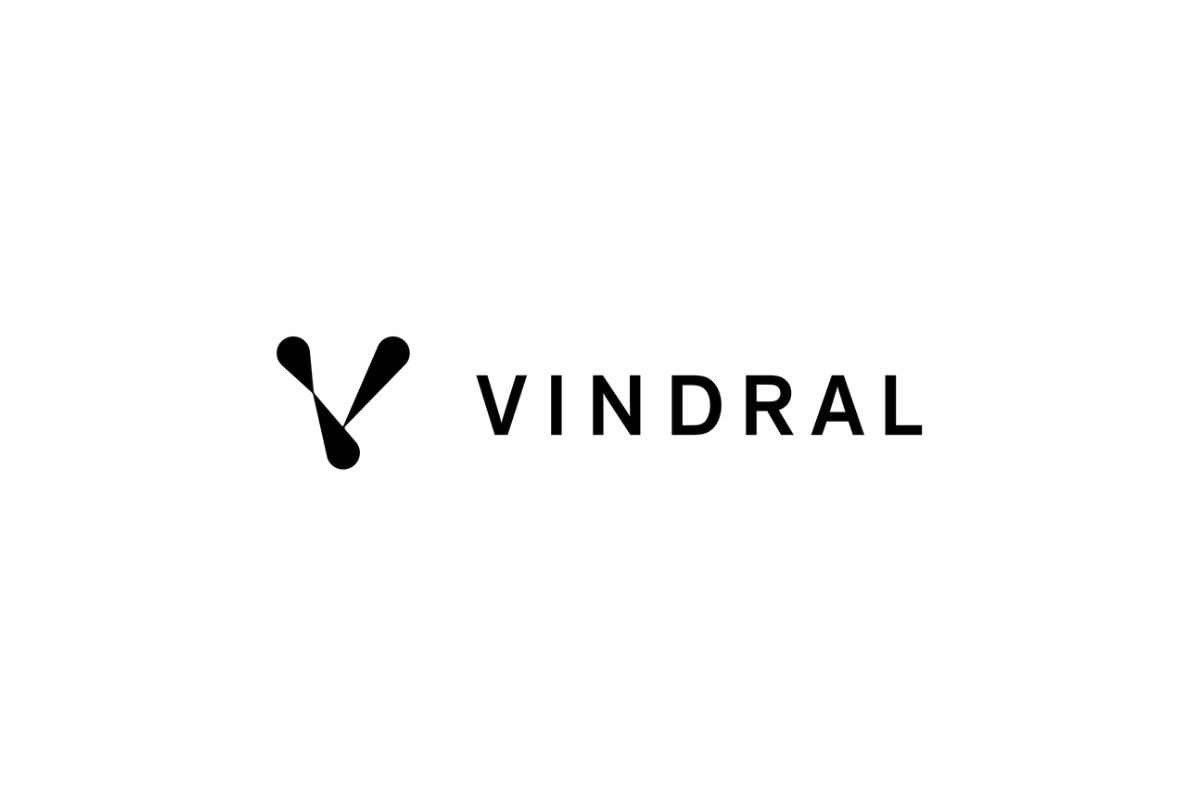
 Latest News5 days ago
Latest News5 days agoVindral appoints Henrik Fagerlund as Chairman of the Board
-

 Asia5 days ago
Asia5 days agoNODWIN Gaming and JioStar Unveil OnePlus Android BGMS Season 4
-

 Latest News5 days ago
Latest News5 days agoCalema to Perform at Legends Charity Game in Lisbon
-
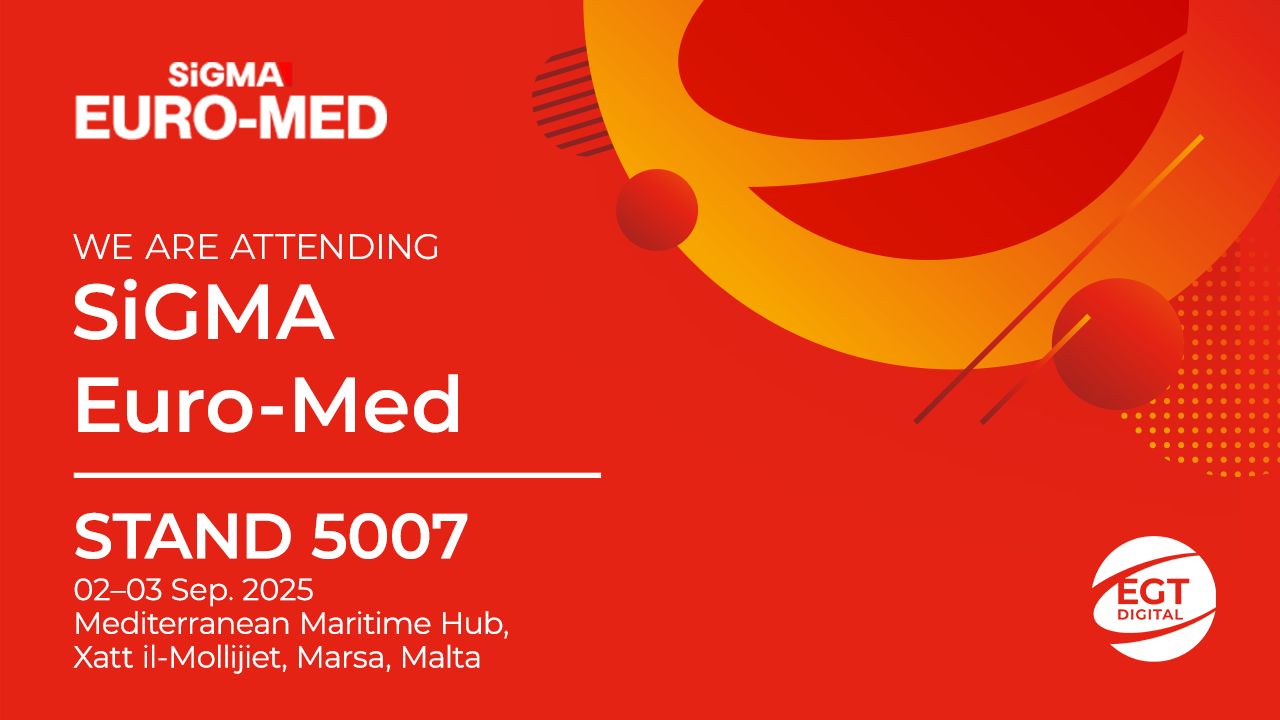
 Conferences in Europe5 days ago
Conferences in Europe5 days agoEGT Digital and EGT to rock the show at SiGMA Euro-Med 2025
-

 Latest News4 days ago
Latest News4 days agoPush Gaming redefines its portfolio, unveiling new game categories and sub-brand for extended player reach
-
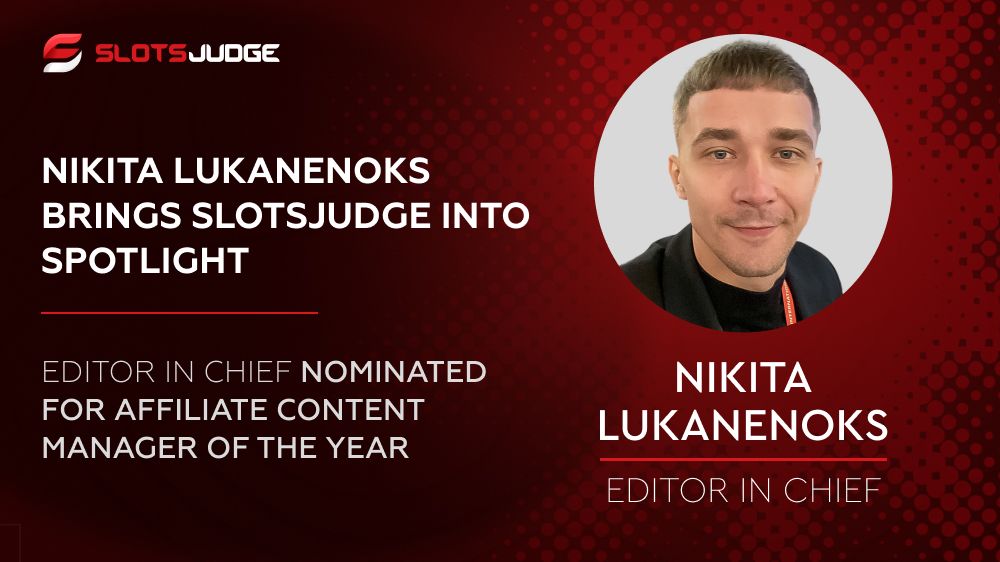
 Affiliate Industry5 days ago
Affiliate Industry5 days agoNikita Lukanenoks Brings Slotsjudge Into Spotlight With Affiliate Leaders Awards 2025 Nomination
-

 Latest News5 days ago
Latest News5 days agoThunderkick returns for an even fierier fiesta in Carnival Queen 2













